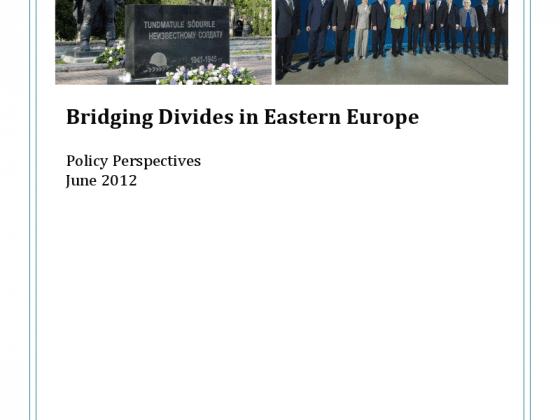Since the end of the Cold War, analysts have been grasping for a way to characterize and understand the new security situation–both in Europe and in the rest of the world. While there is a shared general sense that "the rules have changed," there is little consensus on how much they have changed, or in what ways.
My argument here is that the rules have changed far more than is commonly thought. The central fact of contemporary world politics, and the central dilemma of US security policy toward Russia, is the rise of the "new tribalism"–the weakening of existing states and the transfer of people's loyalties to narrower, "tribal" groups. This combination of relatively weak states and strong tribes creates a security situation fundamentally different from that of the Cold War, a situation in which the old paradigms of realpolitik and economic integration are obsolete. The greatest current threat to European stability is the rise of violent dissident tribalism within states, and the greatest threat of war involves the problem of fighting between states and tribes. Weaker states leave more room for non-governmental institutions to operate, often destructively, as Cossacks or gangsters provide "security" while "mafias" replace lawful businesses. […]









